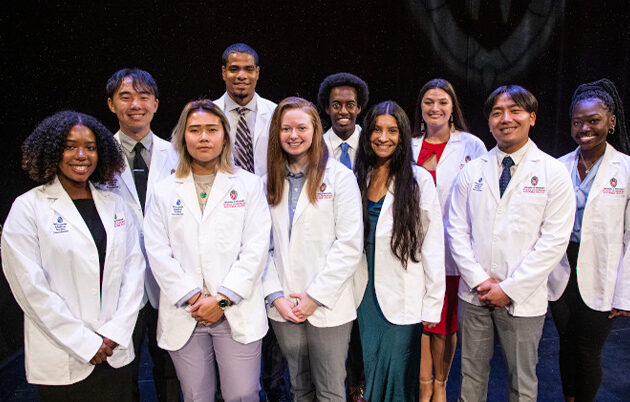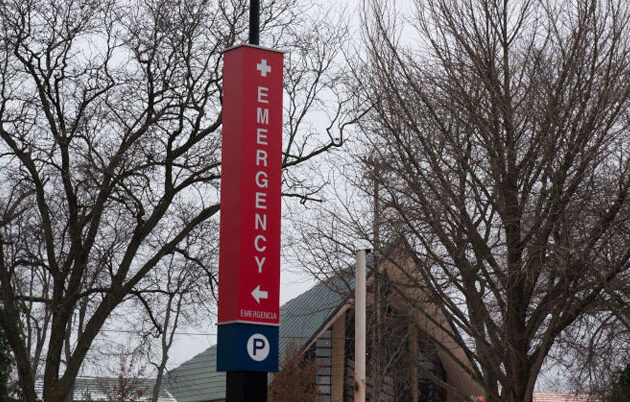The findings were published last week in the journal The Lancet.
The team of investigators, led by Daniel Jackson, MD, professor of pediatrics and medicine at the University of Wisconsin School of Medicine and Public Health, explored and analyzed gene activity in cells collected from study participants’ nasal secretions at the beginning and end of the trial. Their goal was to understand how mepolizumab works and to link these mechanisms to its clinical effect.
“We know that medications like mepolizumab have revolutionized treatment for adults with severe asthma, but data has been limited on the efficacy of this therapy for children and diverse populations until now,” said Jackson. “Our findings confirm that mepolizumab is also effective in reducing the number of asthma exacerbations in children, albeit to a lesser extent than was observed in the adult trials, and will help to both inform and improve asthma treatment moving forward. This study also highlights the importance of evaluating treatment responses for biologics and other interventions in children and diverse populations.”
The study was conducted by the NIAID-funded Inner City Asthma Consortium, whose mission it is to better understand and reduce the disproportionate burden of asthma among children living in low-income urban environments.
Co-leaders of the study include William W. Busse, MD, and Matthew C. Altman, MD. Busse is an honorary fellow, both in the School of Medicine and Public Health at the University of Wisconsin-Madison; Altman is an associate professor in the department of medicine at the University of Washington School of Medicine and an associate scientist at the Benaroya Research Institute at Virginia Mason in Seattle. Altman is senior author of the paper. GlaxoSmithKline donated mepolizumab for the trial.
Additional Resources
View the full study on The Lancet website.
Learn more from the National Institute of Allergy and Infectious Diseases, part of NIH.

